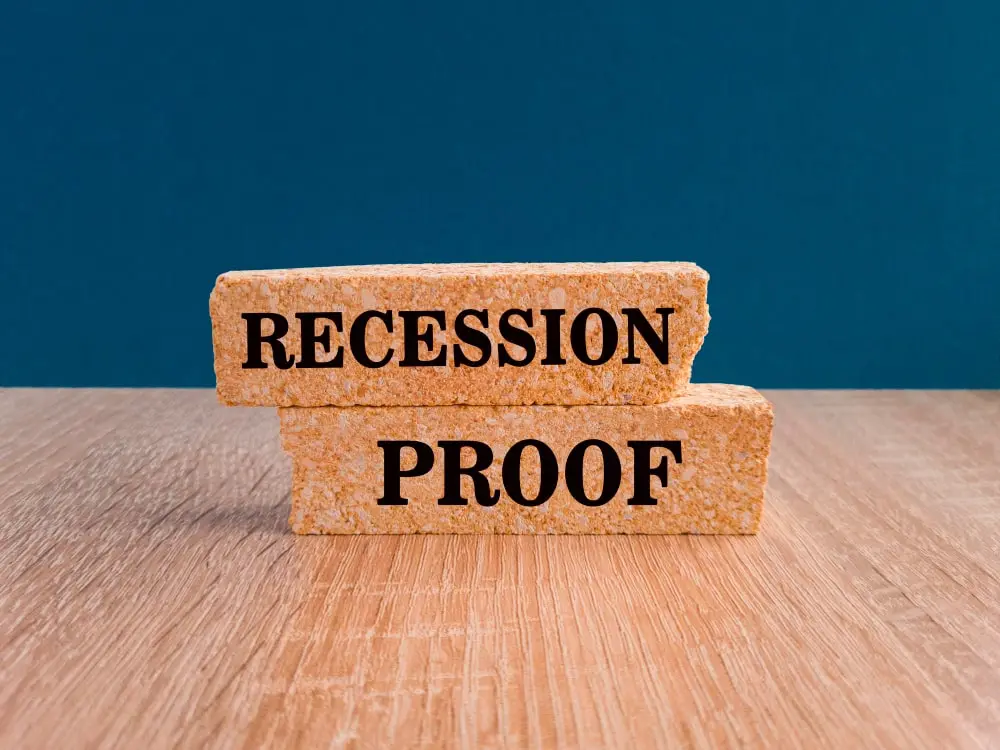Table of Contents
ToggleReal estate investments offer a proven path to wealth creation, with benefits like diversification, passive cash flow, and tax advantages. In recent times, investing in real estate notes, a compelling alternative, provides unique advantages over traditional methods. This approach offers unique advantages, outshining traditional investment methods.
The key to unlocking passive cash flow in real estate lies in strategic acquisitions. Making the right purchases at an opportune time and under favorable circumstances is crucial for maximizing returns on investments.
To ace the strategies to maximize outcomes out of investing in real estate notes can be dynamic and demand meticulous research and a steady mindset. But before that it is imperative to have a clear understanding of real estate notes.
What are Real Estate Notes?
Commonly known as mortgage notes investing, real estate notes represent debt investments secured by real property, generating a steady income stream for investors.
As an example, a real estate note might yield an estimated annual return of 5.5%. Investors have the option to acquire individual real estate notes directly, bypassing the pooling of funds in note funds. Real estate notes come in various types, including Secured and Unsecured. Secured notes are backed by collateral, such as real estate or other assets, which can be repossessed in case of default.
On the other hand, Unsecured notes, while not requiring collateral, often carry a higher interest rate. Investing in Real estate notes allows the buyer to make payments directly to the seller instead of banks and other services. There is direct communication between the two parties involved. Along with these, there are multiple benefits of real estate notes investment.
Benefits of Investing In Real Estate Notes
Several potential advantages of investing in real estate notes include:
- Passive Cash Flow: Regular repayments from the buyer create a consistent and passive income stream.
- Versatility: Real estate notes offer exceptional versatility, enabling investment in physical properties or the option to sell and use them as collateral.
- Lower Potential Risk: This investment provides assurance and rights that the services or banks extend to you.
- Hassle-Free: Investing in real estate notes allows for a regular income without the management hassles typically associated with property ownership.
- Higher Liquidity: Real estate notes are more liquid compared to the secondary market.
Real estate notes investments offer a lot of opportunities. Achieving success in these investments demands well-researched and informed strategies.
Strategies to Maximize Returns after Investing in Real Estate Notes
With the USA’s most evolving market, investing in real estate notes has provided ample opportunities for both novice and seasoned investors. Success in such investments requires researched and well-informed strategies, some of which are as follows:
- Location Primacy: The pivotal factor in real estate notes investment is the property’s location. Optimal purchases should be in prime locations with significance. The property’s value is profoundly influenced by its proximity to life necessities such as schools, hospitals, commercial hubs, etc. Investing in locations with well-developed infrastructure and growth potential can yield substantial returns over time.
- Diversification of Note Portfolio: A crucial factor for investors is diversification within their portfolio. Opting for real estate notes investments contributes to a smart diversification strategy, effectively mitigating risks. Investing in various real estate notes or diverse properties in different locations helps investors hedge against market fluctuations and potential downturns in specific market segments.
- Understanding the Market Trends: Additionally, a profound understanding of market trends is essential. For instance, individuals in the USA should stay informed about current market dynamics, including factors like demand and supply, property prices, passive income, rental yields, and upcoming developments. Awareness of these trends empowers investors to make informed decisions regarding when and where to invest. Valuable sources for such insights include online real estate investment portals, government reports, and guidance from experienced real estate agents. Real estate investments are investments that have the potential to appreciate over time. Investments in several real estate notes with the potential of long-term value appreciation can be a very smart strategy. Properties in developing neighborhoods that experience growth due to infrastructure projects, commercial development, and population growth are great choices.
- Note Seasoning: This refers to the age and payment history of the note of the borrower. The consistency in the note, where regular payments may be made, can offer reduced risks and increase its market value. Seasoned notes can provide a more stable and reliable passive cashflow.
- Generating Potential High Returns: With the help of strategies like rental income and property flipping, an investor can generate potential high returns. Making necessary renovations or improvements to a prime-located investment and putting it forward for rent will attract purchasers.
In a country like the USA, where there is a high demand for rental properties, this only stands as a great strategy to maximize returns from investments.
Conclusion
Engaging in real estate notes investments contributes significantly to diversifying investors’ portfolios. The low correlation of real estate investments with major asset classes ensures a substantial impact on the market, even amidst volatility.
For comprehensive insights into investing in real estate notes, Munshi Capital offer abundant information. As with any investment, careful consideration of certain factors is essential before venturing into physical properties or mortgage notes investment.





